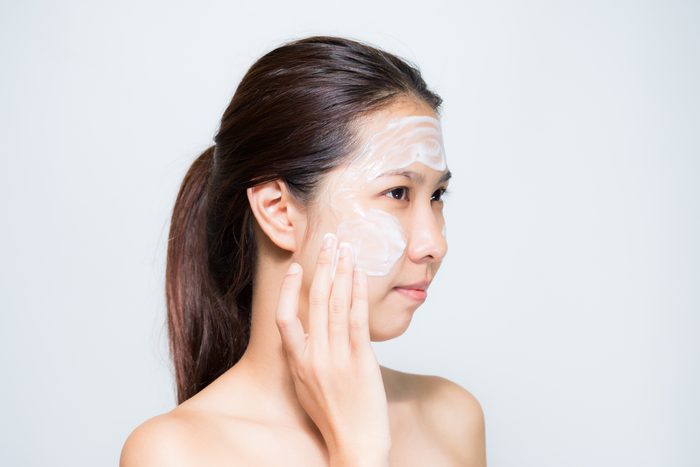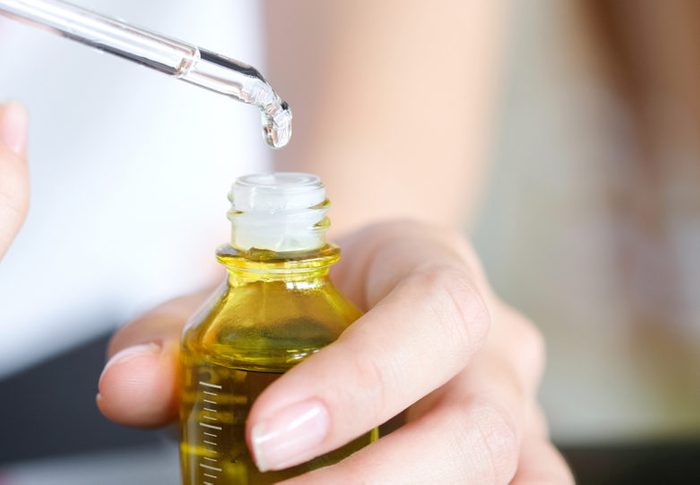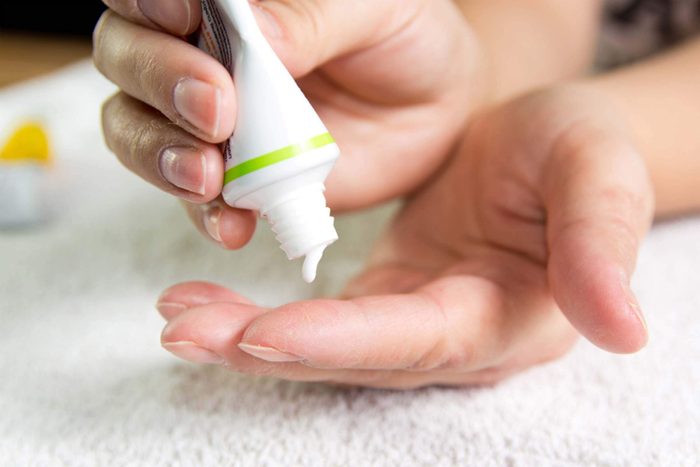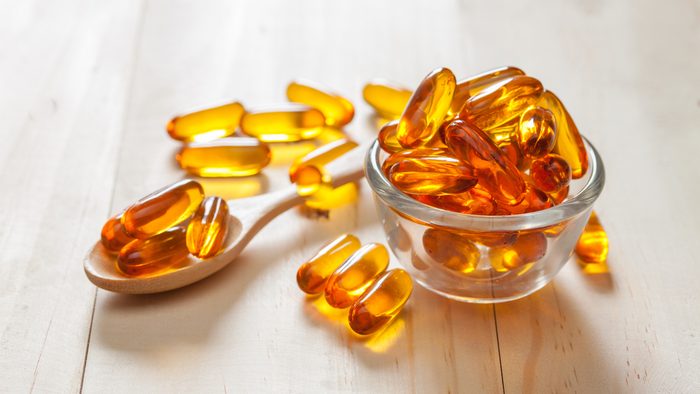Underlying causes of acne
Yes, acne occurs when pores clog with oil and dead skin cells. But to get the best results from any acne treatment, you should also rule out sneaky underlying reasons for your breakouts, such as a hormonal imbalance, allergies, or a weakened immune system. There are different targeted acne treatments depending on what’s causing yours.
In the meantime, here are some of the best-known vitamins and minerals that could lead to clearer skin, no matter what the cause of your breakouts.

Vitamin A
Retinol, a vitamin A derivative, is a go-to ingredient in treatments for keeping skin firm, youthful and free of acne. “Topical vitamin A treatments prevent skin cells from sticking together and blocking the pores, helping to treat acne,” says Joshua Zeichner, MD, director of Cosmetic and Clinical Research in Dermatology at the Mount Sinai Hospital in New York City. Before you spend the money on a retinol product, make sure you don’t have one of these skin conditions that look like acne, but aren’t.

Vitamin C
Recently, topical vitamin C serums have emerged as an acne treatment solution. “We know that the quality of the sebum, or natural oil in the skin, is different in patients with acne compared to those without,” explains Dr. Zeichner. “Peroxidation, or free radical damage, develops in the skin because of these changes in the oil, promoting inflammation. There is some data to suggest that antioxidants like vitamin C can help neutralize this free radical damage and improve acne.”

Zinc
A 2014 review article in Dermatology Research and Practice suggests that topical zinc helps reduce acne. Oral zinc supplements may help, too, by reducing skin inflammation from the inside out, says Dr. Zeichner. Another option: Eating more zinc-rich foods like crab and cold cereal.

Vitamin D
A small 2016 study in PLOS ONE found that people who suffer from acne are more likely to be deficient in vitamin D than those who don’t have the skin issue. Approximately 40 percent of U.S. adults may be deficient in vitamin D, according to research. If you have acne, make sure you know the signs of a vitamin D deficiency, or ask your doctor to check your blood levels of the vitamin. And while you’re at it, avoid these 7 bad habits that lead to acne scars.
